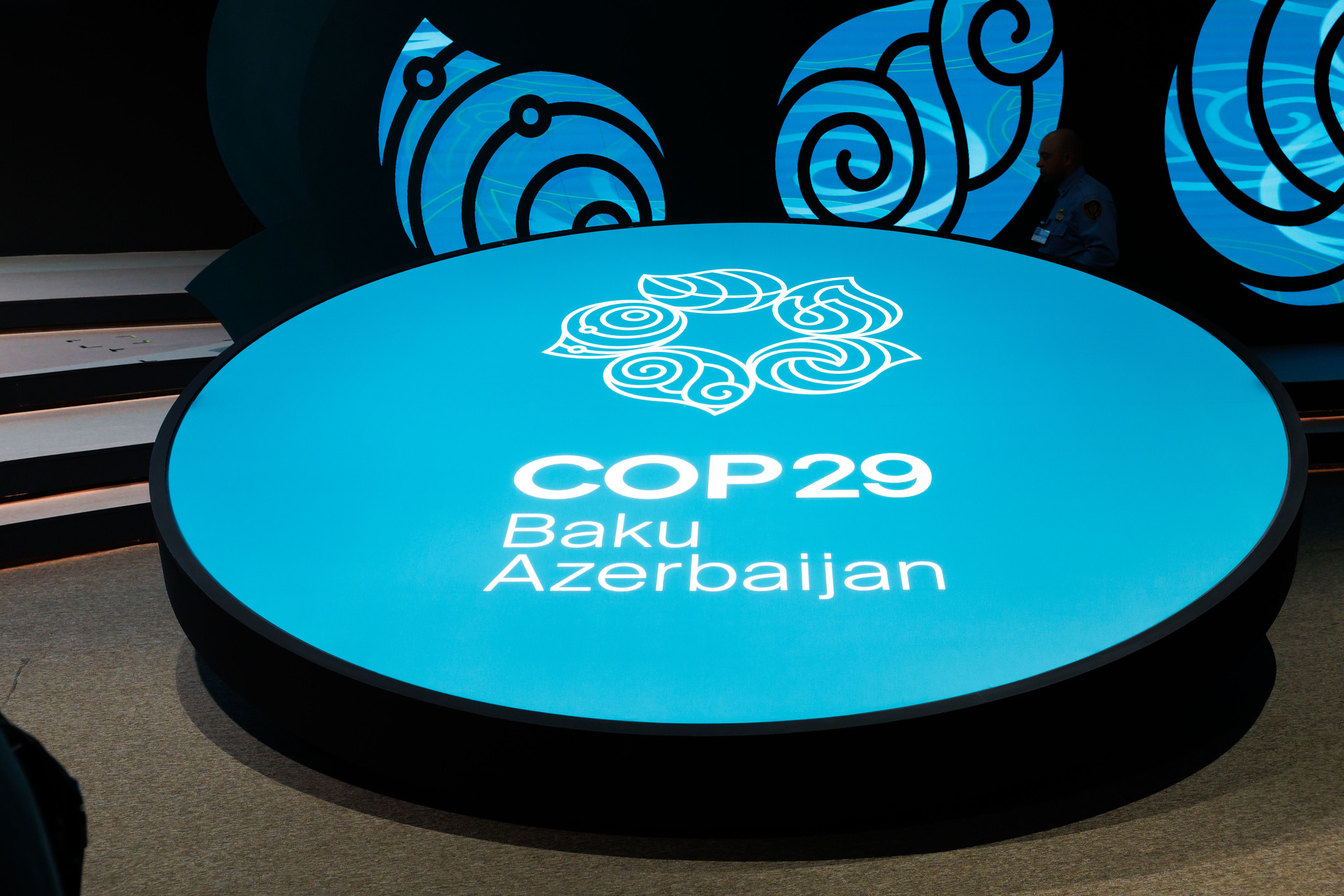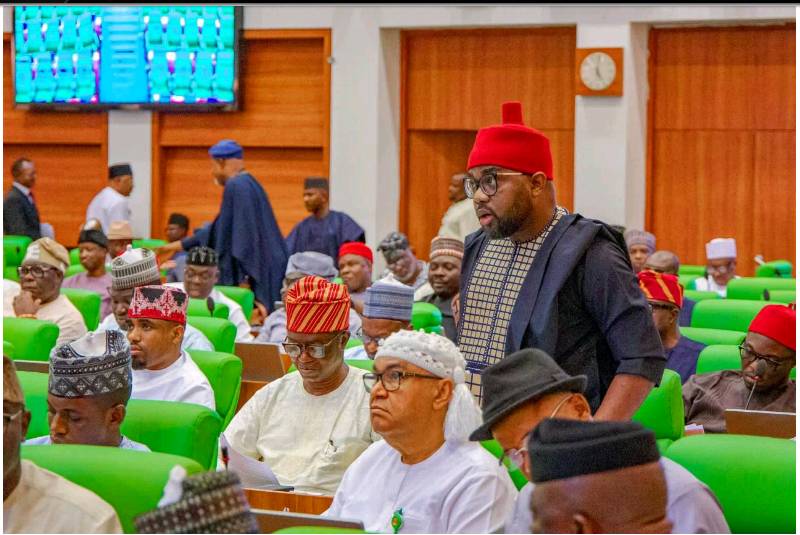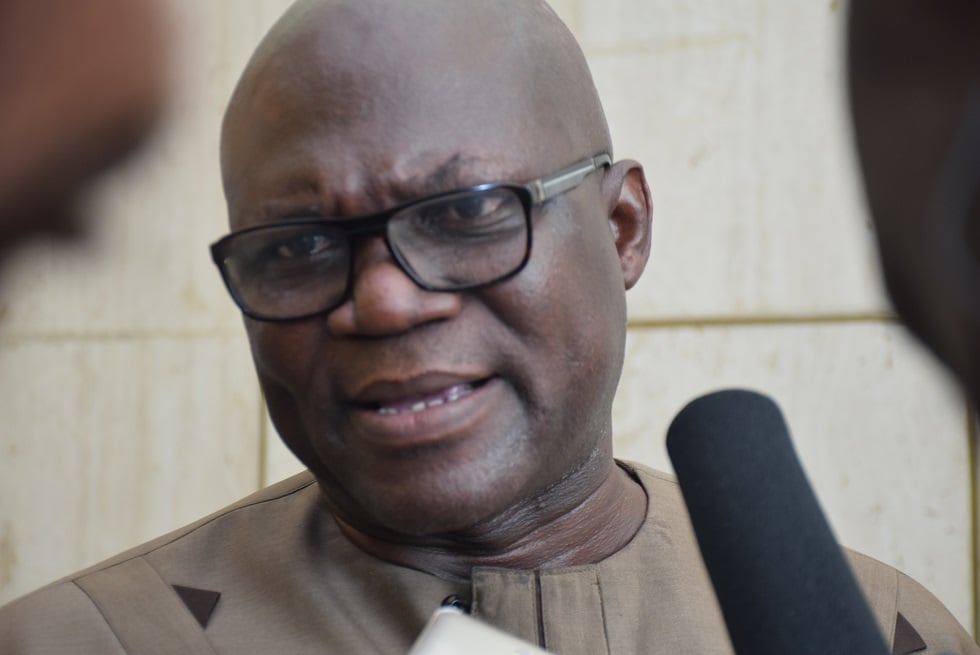A new text released at the ongoing COP29 climate talks has proposed a $250 billion annual climate finance target for developing countries by 2035.
This marks the first time that a concrete financial figure has been put forward, following earlier drafts that lacked specific numerical goals.
The proposed commitment forms part of a wider climate finance target of $1.3 trillion by 2035, with the majority of the funding expected to come from developed countries, supplemented by private sector contributions.
The five-page document was released just hours before the final sessions of the conference and aims to address the financial needs of developing nations to ramp up climate action.
Advertisement
The proposal stipulates that developed countries take the lead in mobilising $250 billion per year, building on a previous climate target under the Paris Agreement.
“In this context, it is decided to set a goal in extension of the goal referred to in paragraph 53 of decision 1/CP.21, with developed country Parties taking the lead, to USD 250 billion per year by 2035 for developing country Parties for climate action,” the text reads on part.
However, the proposal has been met with strong opposition from the African group of negotiators.
Advertisement
Ali Mohammed, the chair of the group, described the target as “totally unacceptable” and said it falls significantly short of what is needed to meet the goals of the Paris Agreement.
He noted that developing countries face an adaptation finance gap of around $400 billion annually, and argued that the proposed $250 billion would not be sufficient to prevent devastating impacts, particularly in Africa.
“The proposed target to mobilise $250 billion per year by 2035 is totally unacceptable and inadequate to delivering the Paris Agreement,” Mohammed said.
“The Adaptation Gap Report alone says the adaptation needs are $400 billion; $250 billion will lead to unacceptable loss of life in Africa and around the world, and imperils the future of our world.
Advertisement
“Moreover, it is no longer developed countries who are responsible under this formulation. It is rendered as a target for which all countries are responsible and where developed countries are taking the lead.”
Add a comment










